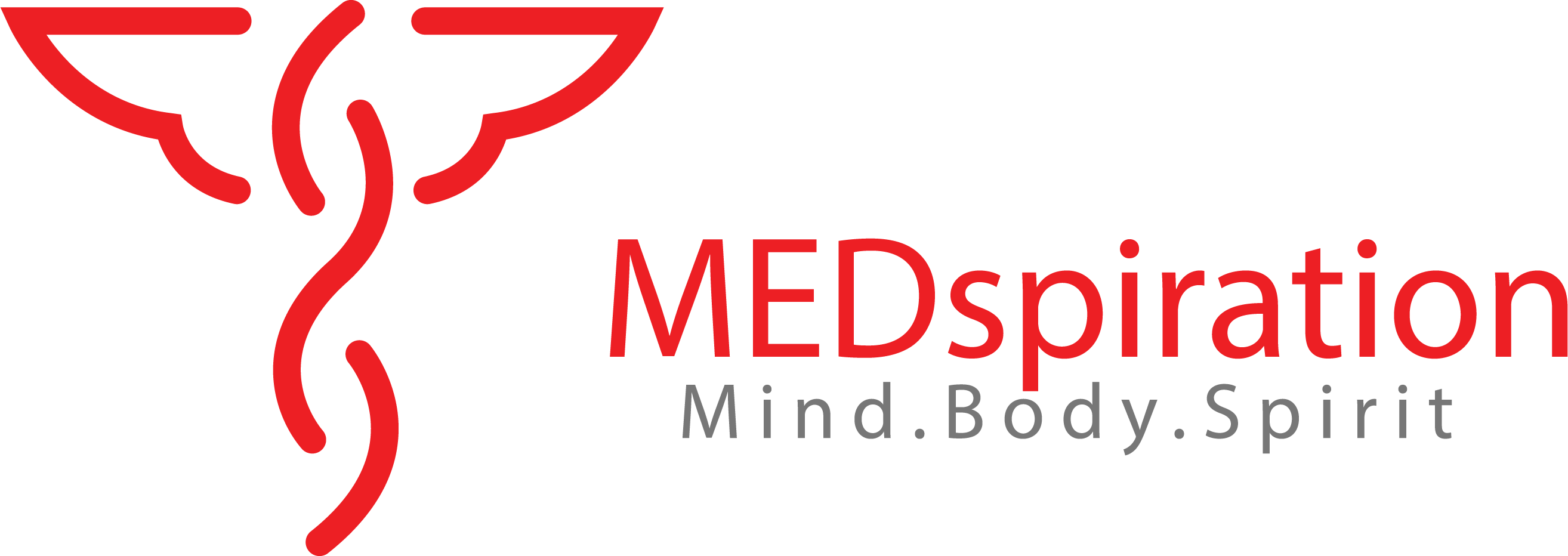Our diet should be regarded to as a tribute to the heart. This tribute roots itself deeply in the heart of healthy thoughts and habits. When we learn to improve our diet, the heart learns to heal itself. It does this by naturally building new collateral blood circulations that can bypass clogged and damaged arteries, known as atherosclerosis. This means your heart has the potential to compensate for slow growing plaques in its own vessels. A diet rich in fruits and vegetables can lower blood pressure, reduce risk of heart disease, stroke, prevent some types of cancer, lower risk of eye and digestive problems, and have a positive effect upon blood sugar which can help keep appetite in check. The largest and longest study to date, done as part of the Harvard-based Nurses’ Health Study and Health Professionals Follow-up Study, included about 110,000 men and women whose health and dietary habits were followed for fourteen years. They found the higher the average daily intake of fruits and vegetables, the lower the chances of developing cardiovascular disease. Compared with those in the lowest category of fruit and vegetable intake (less than 1.5 servings a day), those who averaged eight or more servings a day were thirty percent less likely to have had a heart attack or stroke. Although all fruits and vegetables likely contribute to this benefit, green leafy vegetables such as lettuce, spinach, Swiss chard, and mustard greens; cruciferous vegetables such as broccoli, cauliflower, cabbage, Brussels sprouts, bok choy, and kale; and citrus fruits such as oranges, lemons, limes, and grapefruit make important contributions.
For more, click on the link and check out our episode on ‘The 41 Healthiest Food’s in the World’
Written by Student Doctor: Navpreet Singh Badesha
©01/03/2018 All Rights Reserved.
Photo credit: unknown
Inspired by: Harvard Medical School and @drheartchat.
This research was published in the National Library of Medicine: Article One and Article Two.







